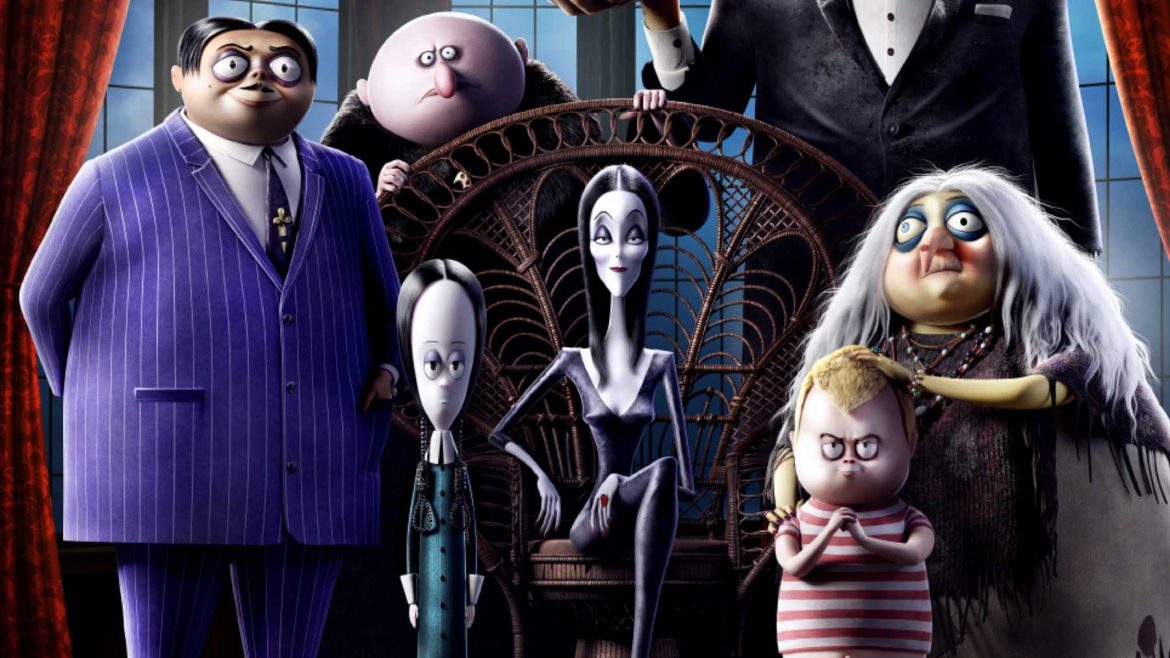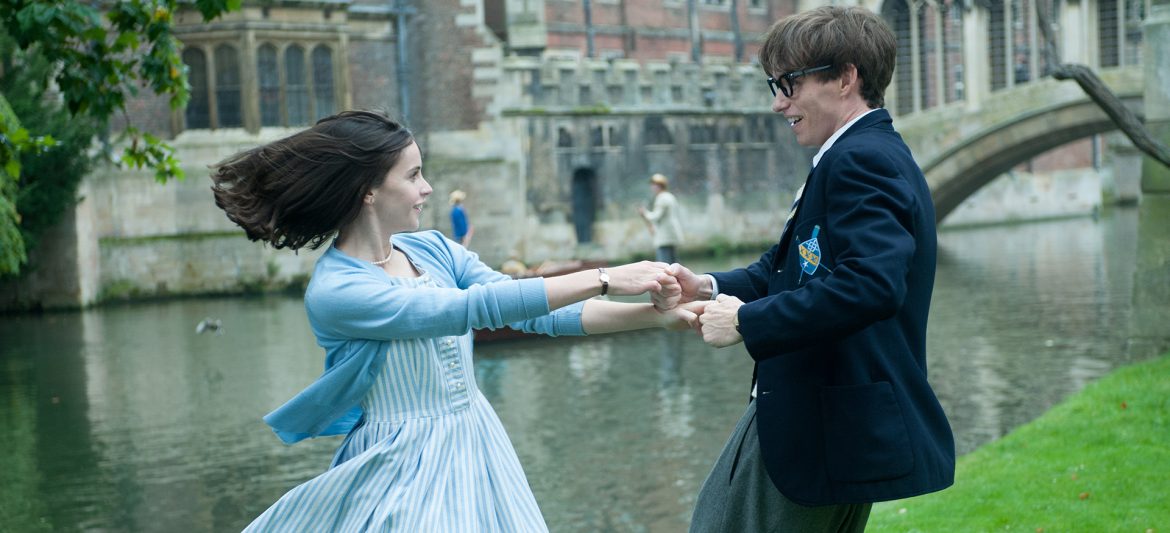
In the trailer for Netflix’s “Unbelievable,” Kaitlyn Dever as Marie Adler says to her therapist, “Even with people you can trust, if the truth is inconvenient, they don’t believe it.”
In the trailer for Netflix’s “Unbelievable,” Kaitlyn Dever as Marie Adler says to her therapist, “Even with people you can trust, if the truth is inconvenient, they don’t believe it.”
As the poster suggests, “Unbelievable” is a Netflix drama miniseries based on a true story no one believed. Based on the Pulitzer Prize-winning article “An Unbelievable Story of Rape,” “Unbelievable” primarily follows 18-year-old Marie Adler as she reports an assault from a masked assailant. Unfortunately, the police and those closest to her question her story. After being coerced into recanting her allegation, the police charge her with filing a false report. However, two female detectives, Det. Grace Rasmussen and Det. Karen Duvall (played by Emmy Award winners Toni Collette and Merritt Wever), is determined to uncover the truth and bring the perpetrator to justice.
“Unbelievable” transcends true-crime narrative tropes by focusing on the human aspect of the story. The perpetrator is not glorified or given an unnecessary amount of humanization; he is portrayed as the predator he is. Also, the victims are neither one-dimensional nor brushed to the side. All of their experiences are treated with grace and tact.
The miniseries is a grueling experience to go through, but for all the right reasons. You feel as violated as Marie as she endures nonstop examinations, extensive questioning from police and unwanted exposure from the media. The series of events Marie goes through will incense audiences with its realism.
What is especially infuriating about Marie’s situation is all the possible variables others could have blamed for her assault were not present. She did not drink, she did not dress provocatively and she was not out by herself late at night. She was in the comfort of her apartment, and the masked assailant broke into her house. But even then, the police found a way to blame Marie for her assault.
There has been some debate over the miniseries’ portrayal of male cops. When Marie is assaulted, the two male cops browbeat and bully her into retracting her rape report, and then they punish her for it. In contrast, when another woman is assaulted by the same man, Rasmussen and Duvall question the victim sensitively and regard her claims with alarm.
The purpose of this scene is to show the contrast in how women and men treat generally victims of sexual assault. If anyone finds the portrayal of male cops in “Unbelievable” offensive, they need to reevaluate how both men and cops treat survivors of sexual assault to the point where they would be portrayed in such a manner. “Unbelievable” is hard to watch, but it is ultimately rewarding in the end. It does not hesitate to hit every nerve when exploring the difficult topic of rape culture.
The performances are solid, the writing is even-handed and the questions it raises about how we treat sexual assault survivors are relevant a decade after this woman’s case occurred.
It is a Netflix series you have to see to believe.
As the poster suggests, “Unbelievable” is a Netflix drama miniseries based on a true story no one believed. Based on the Pulitzer Prize-winning article “An Unbelievable Story of Rape,” “Unbelievable” primarily follows 18-year-old Marie Adler as she reports an assault from a masked assailant. Unfortunately, the police and those closest to her question her story. After being coerced into recanting her allegation, the police charge her with filing a false report. However, two female detectives, Det. Grace Rasmussen and Det. Karen Duvall (played by Emmy Award winners Toni Collette and Merritt Wever), is determined to uncover the truth and bring the perpetrator to justice.
“Unbelievable” transcends true-crime narrative tropes by focusing on the human aspect of the story. The perpetrator is not glorified or given an unnecessary amount of humanization; he is portrayed as the predator he is. Also, the victims are neither one-dimensional nor brushed to the side. All of their experiences are treated with grace and tact.
The miniseries is a grueling experience to go through, but for all the right reasons. You feel as violated as Marie as she endures nonstop examinations, extensive questioning from police and unwanted exposure from the media. The series of events Marie goes through will incense audiences with its realism.
What is especially infuriating about Marie’s situation is all the possible variables others could have blamed for her assault were not present. She did not drink, she did not dress provocatively and she was not out by herself late at night. She was in the comfort of her apartment, and the masked assailant broke into her house. But even then, the police found a way to blame Marie for her assault.
Watch the ‘Unbelievable’ trailer below.
There has been some debate over the miniseries’ portrayal of male cops. When Marie is assaulted, the two male cops browbeat and bully her into retracting her rape report, and then they punish her for it. In contrast, when another woman is assaulted by the same man, Rasmussen and Duvall question the victim sensitively and regard her claims with alarm.
The purpose of this scene is to show the contrast in how women and men treat generally victims of sexual assault. If anyone finds the portrayal of male cops in “Unbelievable” offensive, they need to reevaluate how both men and cops treat survivors of sexual assault to the point where they would be portrayed in such a manner. “Unbelievable” is hard to watch, but it is ultimately rewarding in the end. It does not hesitate to hit every nerve when exploring the difficult topic of rape culture. The performances are solid, the writing is even-handed and the questions it raises about how we treat sexual assault survivors are relevant a decade after this woman’s case occurred. It is a Netflix series you have to see to believe.






